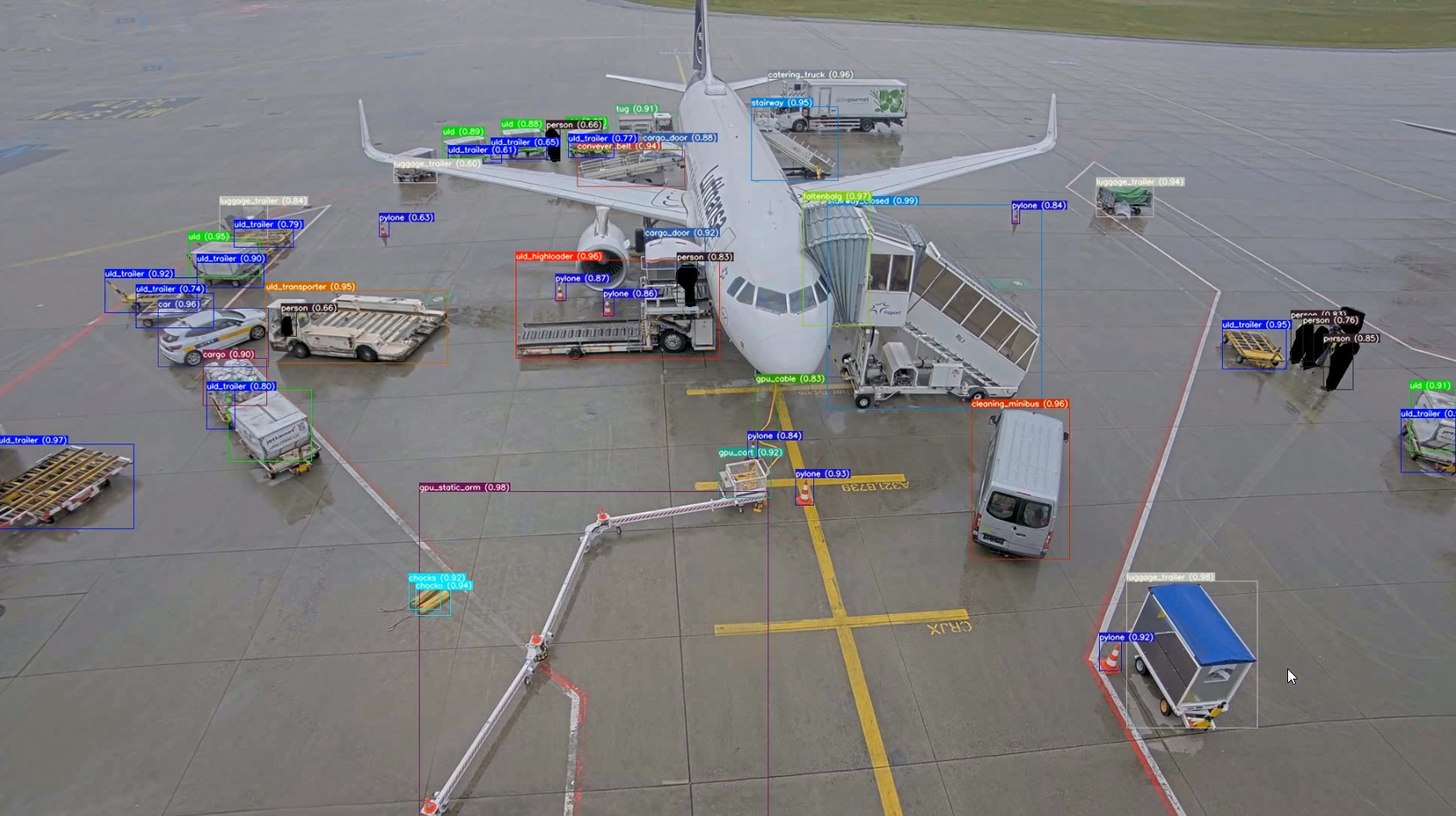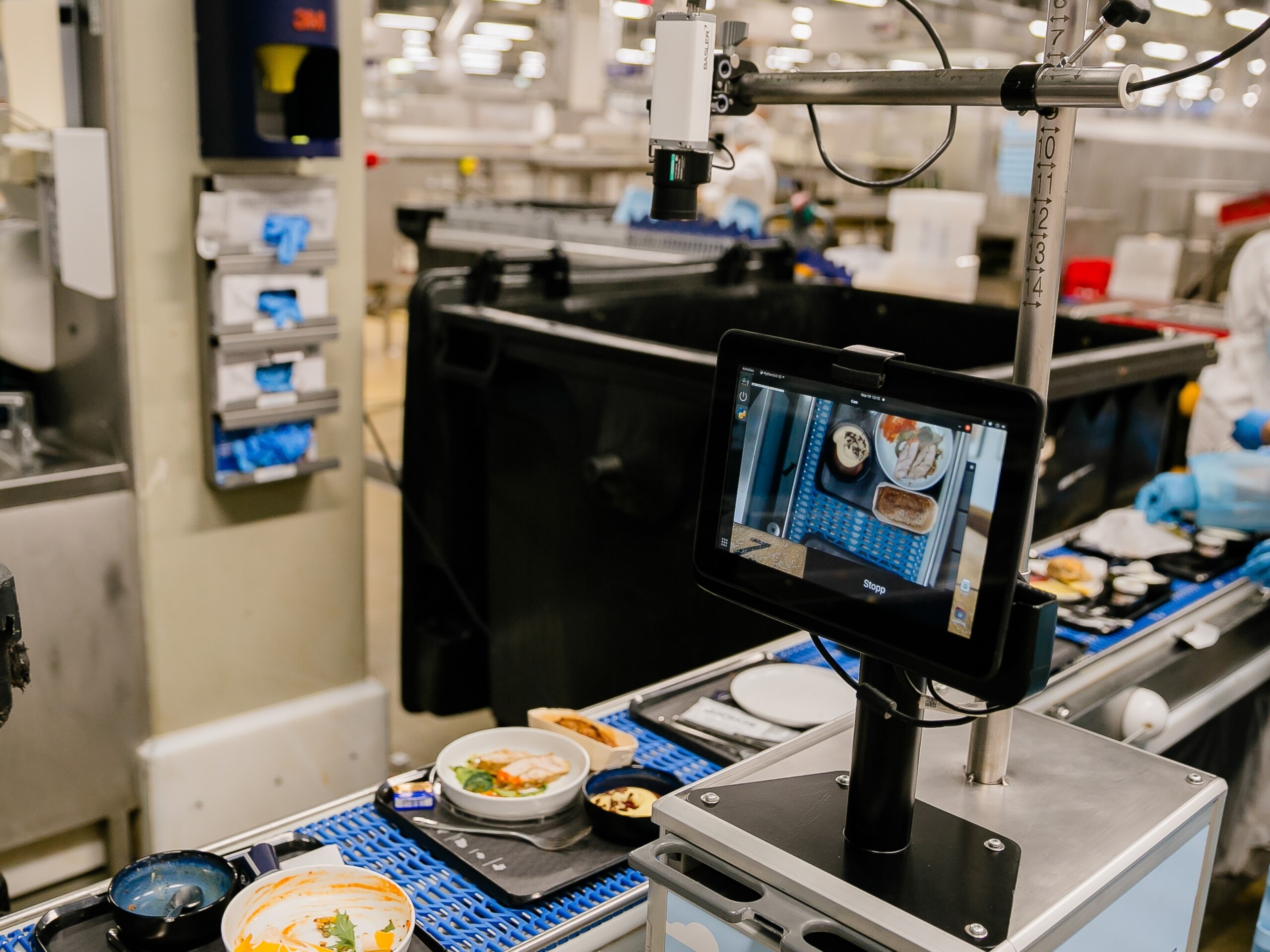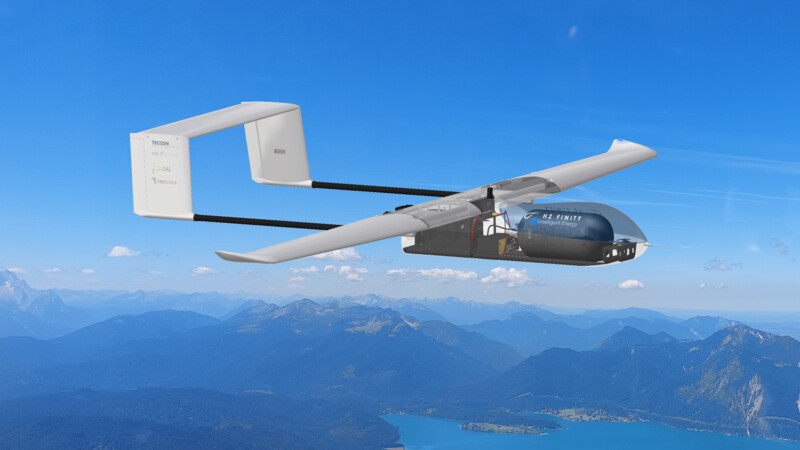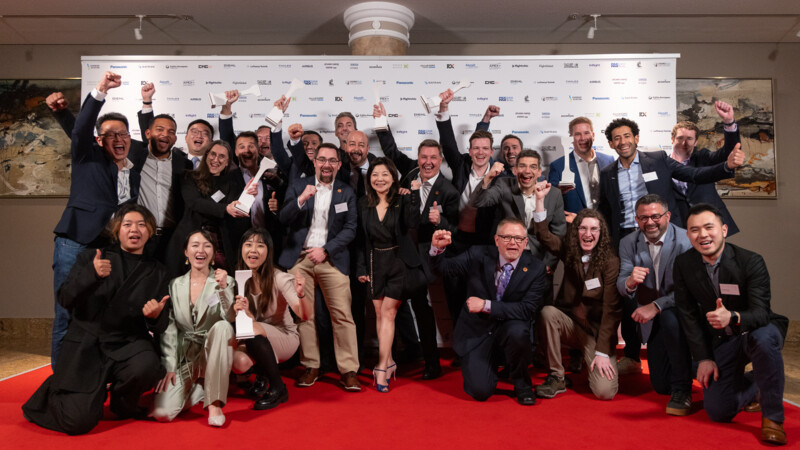"The potential is huge as the aviation sector began collecting data early and now has a treasure trove that we can build on." Predictive maintenance is one major field. Aircraft use hundreds of sensors to collect extensive data sets on every flight. The data is used to predict faulty components early. To this end, Lufthansa Technik (LHT) came up with the "Aviatar" digital platform, which enables proactive measures and monitoring of components and systems in real time. Motzek and his team are currently working on three current use cases and can draw on many years of experience. ZeroG, which began as a company-owned startup, is celebrating its 10th anniversary this year.
Artificial intelligence (AI) is changing aviation and leading to more efficient procedures and improving services and safety for passengers at the same time. According to SITA Air Transport IT Insights 2024, airlines worldwide are investing around USD 37 billion in AI and biometrics while airports are investing USD 8.9 billion in IT. And investments are expected to increase "driven by record revenues and rising passenger numbers", according to the annual industry report on global IT trends in aviation. Dr Alexander Motzek, Head of Growth Strategy and Principal Data Scientist at zeroG, outlines how AI can become the (economic) catalyst of aviation. The Lufthansa Group's AI Competence Centre is a subsidiary of the Hamburg-based Lufthansa Systems GmbH.
Data treasure aviation

AI-based aircraft engine analysis tool
"In the past, inspecting the engines visually took time and was done manually. Engineers inspected every single blade by video and entered conspicuous blades into a log by hand. Apart from the time involved, the procedure was prone to errors. Did the engineer discover a scratch on slat 27 or was it perhaps slat 28? Using AI to screen the video sped up the engine assessment by a factor of three and made it more reliable. However, people are not left out of the equation. AI summarizes the most interesting blades and then an engineer has another look."

AI enables precise refuelling
"Weight is central to aviation. Refueling too much paraffin increases the overall weight and more paraffin is consumed. That increases costs and CO2 emissions. We carried out a big data analysis and found that incidents immediately before take-off are often not included when calculating the amount of paraffin required. If a container cannot be loaded, it will not effect refuelling. This is not a new insight in itself, but its relevance has not been recognised. In the last two years alone, our analysis revealed an unnecessary increase in paraffin consumption of several million kilograms and resulted in 5,000 tonnes of CO2 emissions. We saved eight million kilos of paraffin annually thanks to precise, AI-based refuelling."

Tray Tracker prevents food waste
"Nobody wants food waste. So we asked what is left on which routes and why? To optimise portion sizes and food selection, we developed an AI-supported solution called the "Tray Tracker " to measure food returns from the aircraft. A camera on the aircraft's dishwashing line records the amount of leftover food which is assessed by AI. Information about the route, travel class and meal is also included, as well as feedback from passengers and crew. That gives us a pretty clear picture of where and why food waste occurs and allows us to respond with new ideas. AI identifies the problem and people come up with the solution."
People still vital
This last aspect is particularly important to Motzek. AI has long been a reality in aviation and the technology is swiftly opening up all kinds of potential applications. "But people remain vital. AI provides data and insights, human beings make the decisions. That is creating a new form of partnership that will have a lasting impact on aviation."
ys/mm/pb
Sources and further information
More
Similar articles

Key decisions needed in aviation

Crystal Cabin Awards presented in Hamburg

FAIRcraft's circular approach reinventing aviation
